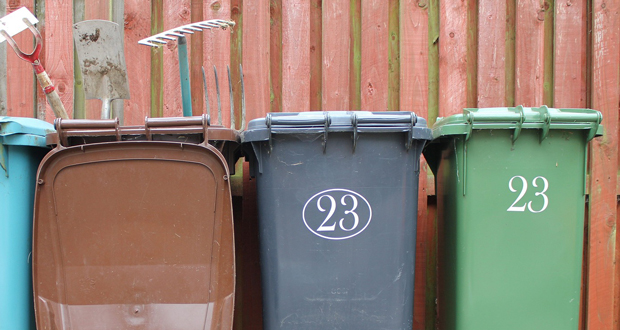Waste management company, SUEZ, has launched its second in a series of reuse and repair guides designed to support and empower local authorities taking the next step in the journey to a circular economy.
The repair evolution guide offers local authorities’ practical steps for the next stage in converting HWRCs to Household Reuse and Recycling Centres (HRRCs).
The new guide builds on key recommendations laid out in ‘Putting Reuse at the Heart of Your Household Waste Recycling Centre (HWRC)’, a guide launched by SUEZ last year that provides advice on scaling up and maximising opportunities for reuse at Household Waste Recycling Centres across the country. The second guide looks at the next step in taking the journey up the waste hierarchy through the introduction of repair activities, alongside the re-use activities already in place.
SUEZ says its objective is to make reuse and repair more accessible and generate economic, environmental, and social value as part of the circular economy – delivering positive benefits to society through job creation, training opportunities and access to more affordable products.
SUEZ states: “Repair is an intervention either to fix a part of an item’s function, or an aesthetic change that breathes new life into it. It sits with re-use at the top of the waste hierarchy, because together they prevent items becoming waste and keep them in their original form to be used again.”
The company has been actively involved in repair since 2017 and believes this is a fundamental element of a circular economy and a clear role that household waste recycling centres can play as they evolve to meet the changing demands of their users, national policy, and local environmental, social, and economic needs.
Some of the top tips in the guide include:
- Make sure you have sufficient space where you can safely test and make basic repairs to items
- Consider partnering with organisations to compliment your repair plans
- If you’re upscaling your re-use activities, think about the location as it is likely to need to take place away from your operational household waste recycling centres
- Identify potential items for repair by getting feedback from your retail channels and site staff to help you to understand the potential demand and value of items
Commenting on the new guide, Sarah Ottaway, Sustainability and Social Value Lead at SUEZ recycling and recovery UK, said: “We’re delighted to be launching our second guide focussing on the next step in the journey to transform HWRCs into Household Reuse and Recycling Centres (HRRCs). We’ve used our years of experience to create this guide for local authorities to use when planning for the future of their household waste recycling centres, to help them introduce repair into their operations, and realise the huge opportunities there are for their services, local communities and economies by doing so.
“Thanks to increasing awareness of the urgency to take action to combat the effects of climate change, repair is growing in popularity and is a fundamental element of the circular economy model. Combined with rising living costs, the drive to keep existing items in use for longer will increase which is why we’re committed to sharing our knowledge and equipping local authorities with the tools to transform their activities.”
FMJ in conjunction with Grundon Waste Management is pleased to launch the 2023 waste management and recycling survey which examines the ways in which FMs approach their waste management responsibilities.
In this, the sixth year for the annual appraisal, we know there is a greater opportunity than ever for FMs to reappraise their waste and recycling operations and help their organisations meet the growing pressure to achieve ESG goals.
We want to learn how FMs have adapted to the legislative, economic and societal changes of the past year and how they plan to meet the latest waste and recycling targets.
In this survey we’ve posed a series of questions which include insights into FMs’ waste management strategy and targets, how they’re moving towards zero waste targets, and the importance of not just meeting compliance targets but also ESG goals.
The results of the 2023 survey will be published in FMJ magazine and form the basis of a white paper co-written by FMJ and the experts at Grundon on how to approach waste and recycling strategies.
To take part click here.





